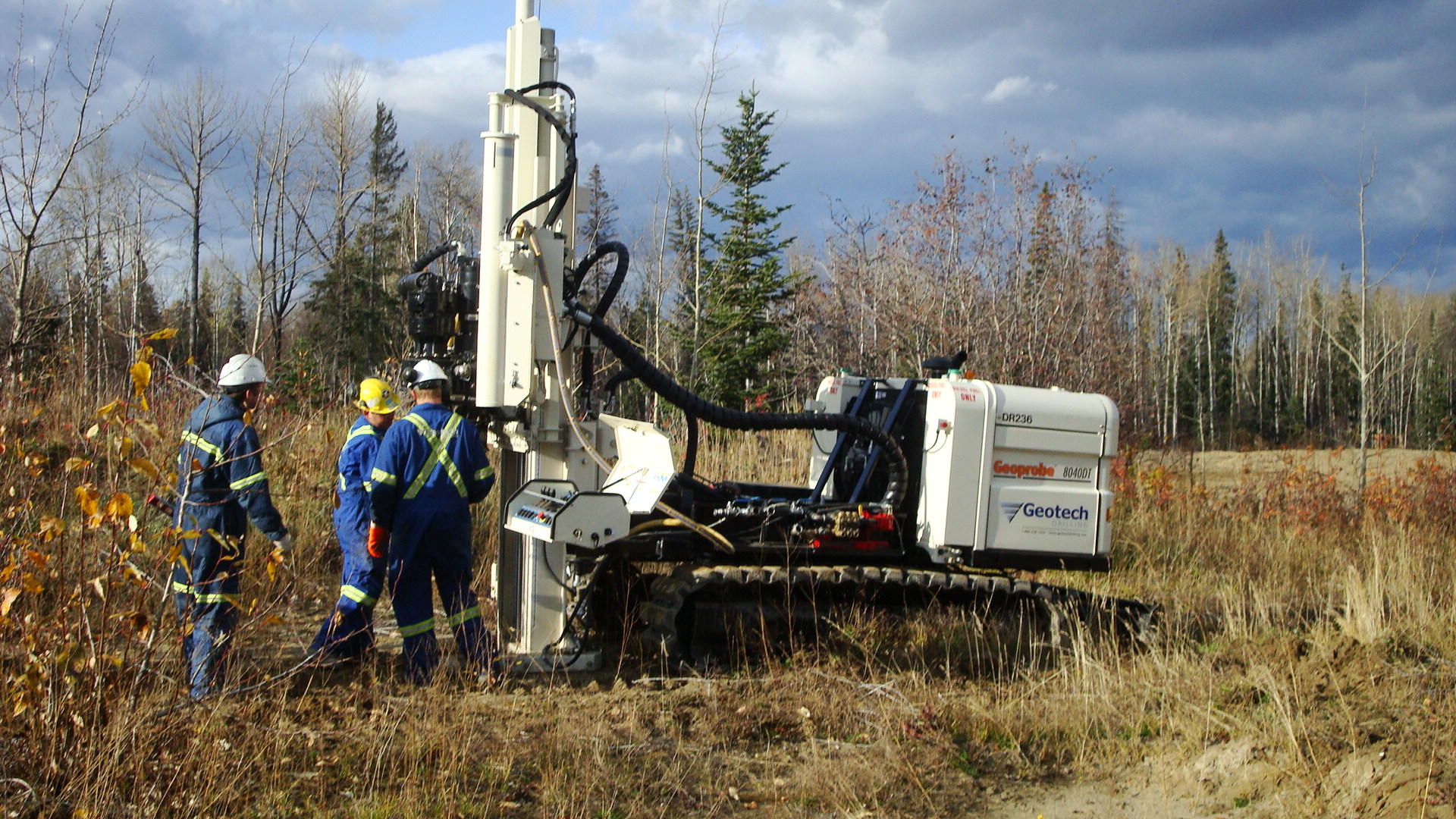
WHAT INCOMING TARIFFS MEAN FOR THE DRILLING INDUSTRY
The announcement of new tariffs is creating a buzz across many industries, and the drilling sector is no exception. These tariffs, which are essentially extra taxes on imported goods, could have a significant impact on how drilling companies operate. Let’s take a closer look at what this means in simple terms.
Tariffs are designed by governments to make imported goods more expensive. The idea is to protect local industries by encouraging people to buy domestic products. While this approach can benefit local manufacturers, it can also increase costs for industries that rely on imports. The drilling industry is one such sector that could feel the effects.
Drilling companies depend heavily on specialized equipment and raw materials, many of which are sourced from other countries. With tariffs in place, the cost of importing these items is likely to rise. This means that companies might have to spend more on essential tools and machinery, which could reduce their profits. To make up for these added expenses, they may have to increase the prices of their services. This, in turn, could make drilling projects more expensive for their clients.
Materials like steel and other metals, which are crucial for building rigs and pipelines, are often imported as well. If these materials become pricier due to tariffs, it could impact the overall cost and timeline of drilling projects. Some companies might try to avoid these higher costs by finding local suppliers. However, this shift could take time and might not always be practical, potentially leading to delays.
In response to these challenges, companies in the drilling industry might take a few different approaches. One option is to pass on the increased costs to their clients by charging more for their services. Another strategy could involve looking for domestic alternatives to imported goods, though this might require significant adjustments. Companies might also invest in making their operations more efficient, adopting new technologies or streamlining processes to cut costs wherever possible.
While tariffs pose immediate challenges, they could also encourage innovation in the long term. For example, companies might develop new methods or technologies to reduce their dependence on imported goods. Governments might also step in to support local production by offering subsidies or incentives, which could benefit domestic suppliers and create new opportunities within the industry.

For those in the drilling sector, staying informed about tariff changes and understanding their impact is crucial. Companies should consider diversifying their suppliers and exploring ways to make their operations more efficient to stay ahead of the curve.
In conclusion, the incoming tariffs present both obstacles and opportunities for the drilling industry. Although the initial adjustment period may be difficult, the sector’s resilience and resourcefulness will likely help it adapt and thrive in the face of these changes.

Sorry, the comment form is closed at this time.